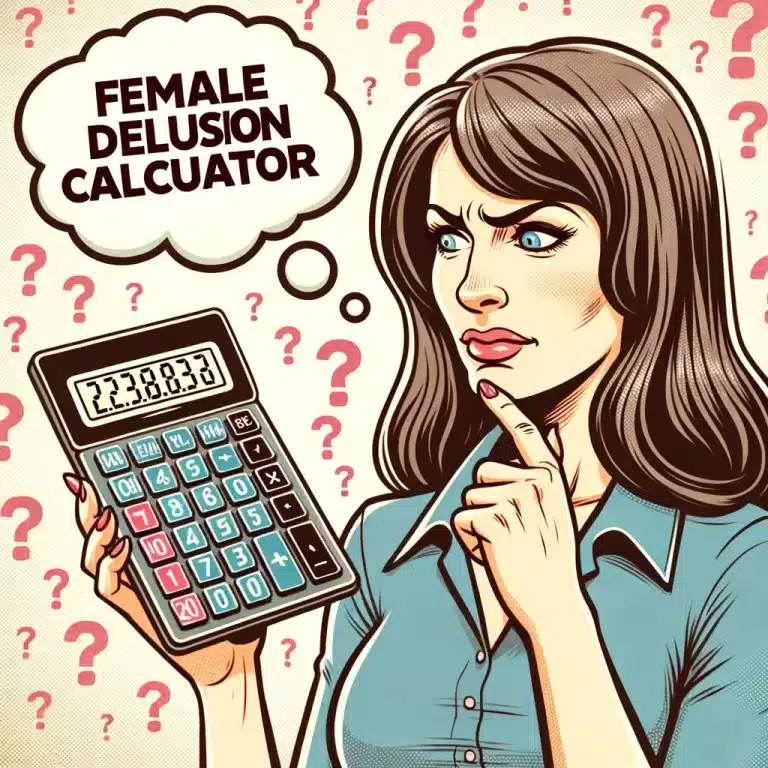What is the most common delusional disorder?
Delusional disorder is a mental disorder characterized by the presence of delusions, which are false beliefs that are not part of the patient’s culture and that are not attributed to external factors. Delusions can include any or all of the following:
Grandiose delusions, which involve an unrealistic sense of personal importance, power, or identity; persecutory delusions where the person believes that someone is trying to harm them; somatic delusions where the person believes their body parts do not belong to them; and mixed type where both persecutory tendencies and grandiose beliefs are present at once.
Delusional disorder
Delusional disorder is a mental illness characterized by a marked and persistent belief that another person or group of people are in immediate danger of being harmed, usually by the individual’s own family or friends. The person may believe that they are being followed, persecuted, or harmed.
Grandiose Disorder
Grandiose disorder is an illness that affects a person’s sense of self-worth. It causes someone to believe they are famous or have special abilities when in reality they’re not.
Symptoms of the grandiose disorder include:
- A preoccupation with fame and public recognition; being “on top” of everything; excessive attention-seeking behavior such as exaggerating achievements, talking about themselves excessively or showing off their possessions (such as cars, jewelry, and homes).
- Unrealistic beliefs about oneself and the world around them—for example, believing one is omnipotent or omniscient; believing that others are insignificant compared to oneself or thinking that people should act like statues when you tell them what you want them to do.
Shared Psychotic Disorder
Shared Psychotic Disorder is a type of shared psychotic disorder, which is a subtype of the category of delusional disorders. In this case, two or more people who have been diagnosed with schizophrenia also experience delusions and hallucinations. The symptoms may be present at different times or in different combinations over time.
Symptoms include:
- Delusions (false beliefs) that are not based on reality and persist despite clear evidence to the contrary; they cannot be explained by non-psychotic factors such as drug use or stress management techniques.* Hallucinations (unreality experiences) with accompanying physical sensations; these may include seeing things that aren’t there or hearing voices inside your head
Conclusion
Common delusional disorders are characterized by unusual or bizarre beliefs and behaviors. Delusional disorder is characterized by at least one of these symptoms: grandiosity, persecution or jealousy. Shared Psychotic Disorder is a type of schizophrenia that features hallucinations, delusions or disorganized speech patterns with no other psychotic features on a full psychiatric examination.

